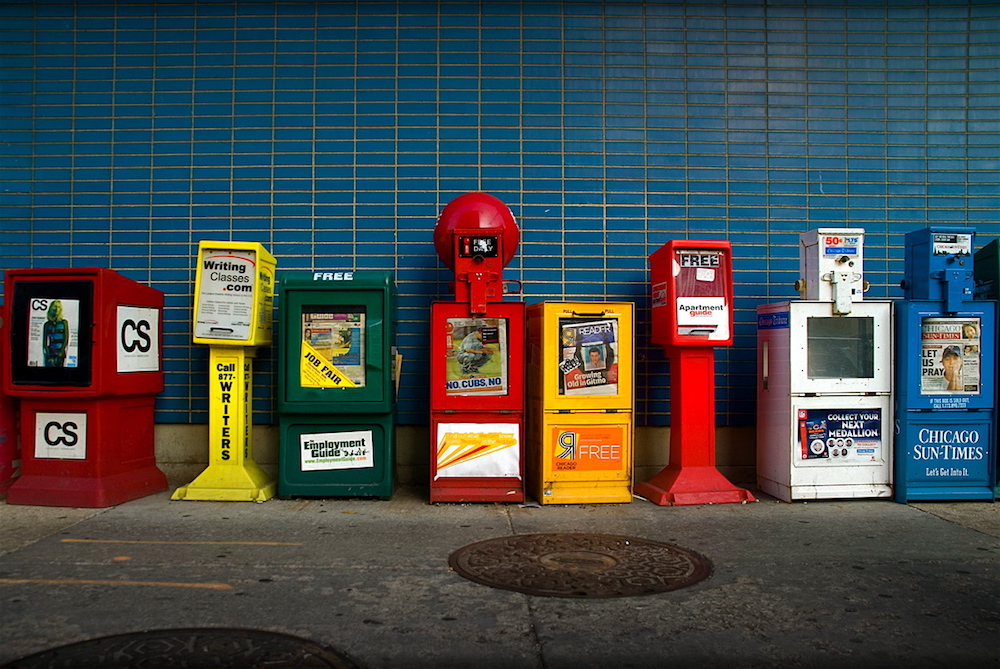The tricky thing about book publicity is that there is no exact formula—no preset way to promote a book. That’s because no two books are the same, and so no two publicity campaigns are the same. However, depending on the type of book, we can use some general guidelines as a starting place. Nonfiction sales have been on the rise as of late. As book publicists, we must embrace current market trends and learn how to use them to our advantage.
Here at Ooligan, we publish all kinds of titles, both fiction and nonfiction. At any given time, chances are we are working on promoting at least one of each. We can’t treat fiction and nonfiction books the same when creating marketing and publicity campaigns for them, because they are different by nature. So what are the key differences when promoting a nonfiction title as compared to a fiction title?
One perk of promoting a nonfiction book is that they have clear, strong pitching platforms. While fiction books tend to be more vague, nonfiction titles have a more defined target audience. The easier it is to pinpoint your target audience, the easier it is to frame your promotional message.
Nonfiction titles are also good to pitch to news media, including TV, radio, and podcasts. This is because they provide information on their respective topics. If the book provides new information or a new perspective on its topic, it can easily be converted into a spotlight or feature story.
Speaking of podcasts, they have thrived as publicity tools in recent years. It turns out that over half of adults in the US have been listening to podcasts, and this type of platform is expected to continue growing in the future. Regular podcast listeners also tend to be more active on social media than non-listeners, so the odds are greater that they will act as grassroots intermediaries in helping to spread the word about your book.
The last important thing to remember when conducting a publicity campaign for a nonfiction title is to focus on timelines. This includes key dates, events, and other timely news topics. If the topic at hand can be connected to any holidays, important anniversaries, or other current events, use these to your advantage and pitch your book in relation to these dates. This can also sometimes apply to fiction titles, but nonfiction themes often have stronger ties to particular dates than fiction books.
Similarly, nonfiction authors make excellent interviewees. If you write a book on something, you are assumed to be an expert on that subject. Simply put, journalists love to interview experts. This expertise can also extend to additional feature stories, expert commentary, and other byline articles. This is especially useful if your author already has their own platform in their given field. For example, Jeff Alworth (author of Ooligan’s latest nonfiction title, The Widmer Way) has his own popular beer blog and corresponding Twitter presence that came in handy when promoting his new book.
So remember that while fiction and nonfiction books should be treated differently when creating a publicity campaign, each has its own advantages. When working on a nonfiction title, plan according to timeliness, utilize your author as an expert, and take advantage of news media, because in this era, the truth is more valuable than ever.

